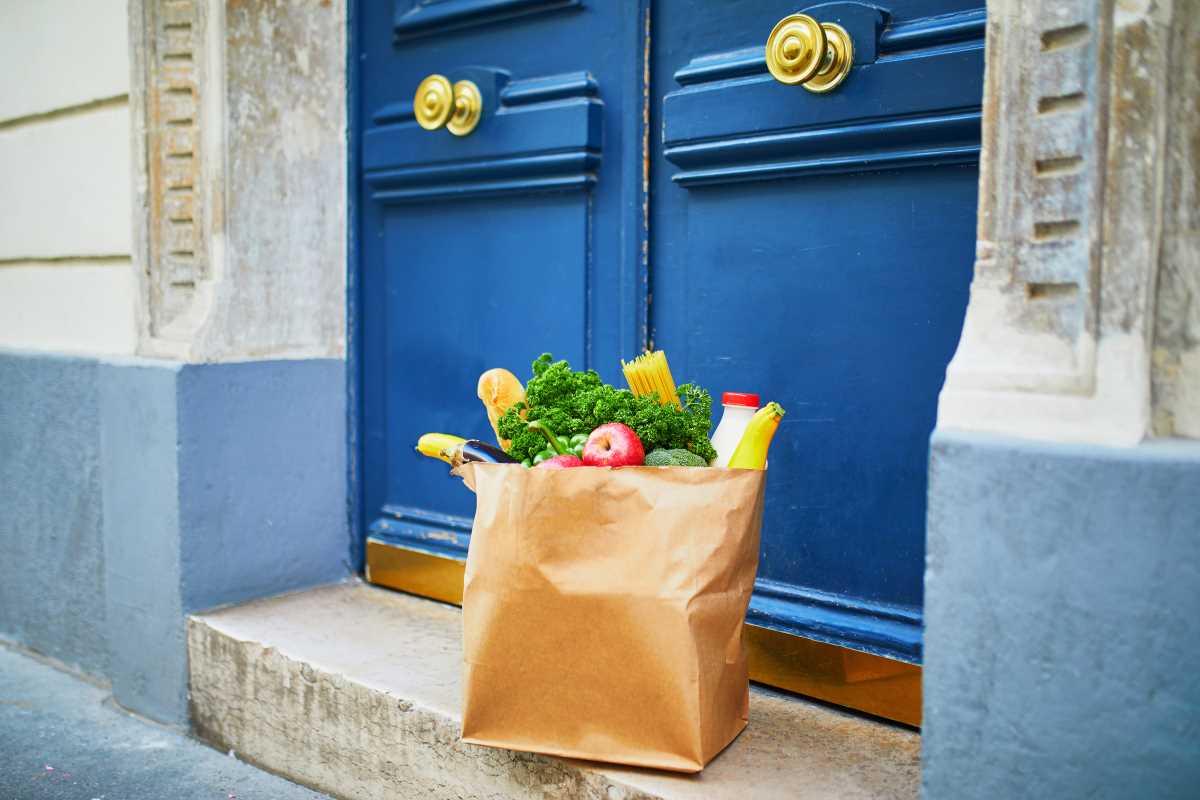Finding sustainable products that align with your values doesn’t have to wreck your budget. More than ever, brands and retailers are offering eco-friendly options at prices that everyday shoppers can afford. The challenge lies in knowing where to shop and how to spot deals that help the planet and your wallet. Responsible shopping doesn’t need to feel expensive. Putting a little thinking into your purchases enables you to live sustainably without overspending. This guide dives into the best places to shop for affordable, sustainable products, including tips on how to get the most from your budget along the way.
Thrift Stores
Secondhand shopping is one of the best ways to reduce waste and find sustainable options at unbeatable prices. Thrift stores and resale shops like Goodwill and Salvation Army are goldmines for gently used products, including clothing, kitchenware, and small appliances.
Every purchase at a thrift store means you’re giving items a second life rather than contributing to new production. The inventory rotation keeps shopping exciting, as you never know what treasures you’ll uncover. Pro tip? Visit on discount days, when items are further reduced, for even greater savings.
Smaller, independent thrift stores often carry unique finds as well. Supporting these shops also benefits local communities, making it a win-win for you and the planet.
Online Secondhand Markets
Online platforms like Poshmark, ThredUp, and Depop make it easy to shop sustainably from the comfort of your home. These sites specialize in pre-owned clothing and accessories, offering everything from high-end brands to everyday basics at discounted prices.
ThredUp stands out with its “Clean Out Kits,” letting users trade in gently used clothing for shopping credits. Poshmark allows negotiations, so you can score items for less than listed prices. Depop has a younger, trendy vibe, featuring vintage and handmade goods alongside secondhand deals.
Facebook Marketplace and Craigslist are also worth checking for locally sourced secondhand furniture, electronics, and more. Skipping shipping altogether makes these options even greener.
Discount Retailers with Sustainable Lines
Big box retailers are expanding their sustainability efforts, offering budget-conscious buyers more options. Stores like Target, Walmart, and Kohl's now carry affordable, eco-friendly products across categories like home goods, fashion, and beauty.
Target's “Made by Design” line includes sustainable home essentials at accessible price points. Walmart offers organic food and household items in its “Great Value” and “Equate” lines. Many of these stores also highlight products with certifications like Fair Trade, organic, or cruelty-free. Remember to check store apps for discounts or cashback offers that stretch your budget further.
Zero-Waste Stores
Shopping at zero-waste stores helps cut down packaging waste. Chains like Package Free Shop and BulkBarn provide refillable containers, bulk product options, and eco-friendly personal care items.
Though zero-waste stores can seem pricey at first glance, shopping in small quantities or buying only what you need can actually save money. Reusable containers eliminate the cost of single-use items over time. Many stores also offer discount programs for customers who bring their own jars or bags.
Local co-ops or small-scale zero-waste shops cater to community needs and support sustainable practices. They’re great places to find unique, locally sourced items.
Budget-Friendly Sustainable Fashion
Fast fashion contributes massively to waste, but there are ways to buy stylish, sustainable clothing without spending a fortune. Brands like Pact, Everlane, and Uniqlo create affordable, sustainable basics with transparent sourcing practices. Uniqlo’s RE.UNIQLO initiative even lets you recycle old clothing for discounts on future purchases.
Outlet malls often have clearance sections for eco-conscious brands like Patagonia or the North Face. Choosing high-quality items that last longer reduces your need to replace them, making it a cost-effective and environmentally friendly choice.
For everyday wear, seek clothing made from organic cotton, bamboo, or recycled materials. These fabrics are durable, affordable, and better for the Earth.
Sustainable Beauty on a Budget
Switching to sustainable beauty and wellness products doesn’t mean breaking the bank. Drugstores carry an increasing number of eco-conscious brands like Burt’s Bees, E.l.f., and Pacifica. These companies focus on using natural ingredients and recyclable packaging, keeping their products affordable.
Subscription boxes like Kinder Beauty or Grove Collaborative often provide sample-size versions of sustainable beauty staples at a discounted rate. Signing up helps you test items before committing to full-sized purchases.
Shopping directly from brand websites often reveals limited-time discounts or promotions. For even bigger savings, look for multi-use products like tinted moisturizers or shampoo bars.
Local Farmers’ Markets
Farmers’ markets are excellent places to shop sustainably for fresh, seasonal produce, baked goods, and handmade items. Without the middleman, prices are often lower than grocery stores, and the products come with minimal environmental impact.
Bring reusable bags or containers to avoid single-use plastics. Shopping later in the day can yield additional discounts, as vendors sometimes reduce prices to clear out inventory before closing. Building relationships with local producers occasionally leads to personalized deals or trade opportunities.
Supporting nearby farms reduces the environmental footprint of long-distance shipping.
Buy Sustainably Online with Green Marketplaces
Online shopping can be sustainable when you choose the right platforms. Websites like EarthHero, Grove Collaborative, and Made Trade carry eco-friendly products from trusted brands, often offering competitive prices.
EarthHero offers a wide range of goods, from home supplies to clothing, with carbon-neutral shipping as a priority. Grove Collaborative includes cleaning and personal care products at subscription discounts. Made Trade curates ethically crafted goods, so you can feel confident about your purchases.
Using promo codes, signing up for newsletters, or buying during sales events gets you more bang for your buck and keeps your purchases planet-friendly.
Refill Stations
Refill stations are popping up in major cities, where customers can purchase bulk items like laundry detergent, dish soap, and pantry staples. Instead of buying new packaging, you refill bottles you already own, cutting down both costs and waste.
National chains like Lush have introduced refill programs for bath and body products. At the same time, many independent refill stations bundle discounts for buying multiple items at once. Opting for bulk purchases at refill stations reduces the need to restock frequently, saving you cash in the long run.
DIY Sustainable Solutions
Creating your own sustainable solutions at home can be as cost-effective as shopping for budget-friendly products. Making reusable cleaning cloths from old T-shirts costs nothing and eliminates paper towel waste. Homemade all-purpose cleaners, typically made from vinegar and baking soda, are cheaper and safer than many commercial products.
For skincare, DIY face masks or body scrubs use everyday ingredients like oatmeal, sugar, and coconut oil. These solutions are inexpensive, and they also avoid the unnecessary chemicals found in store-bought products. Starting small with easy DIY projects can make sustainability feel more achievable.
 (Image via
(Image via

.jpg)



